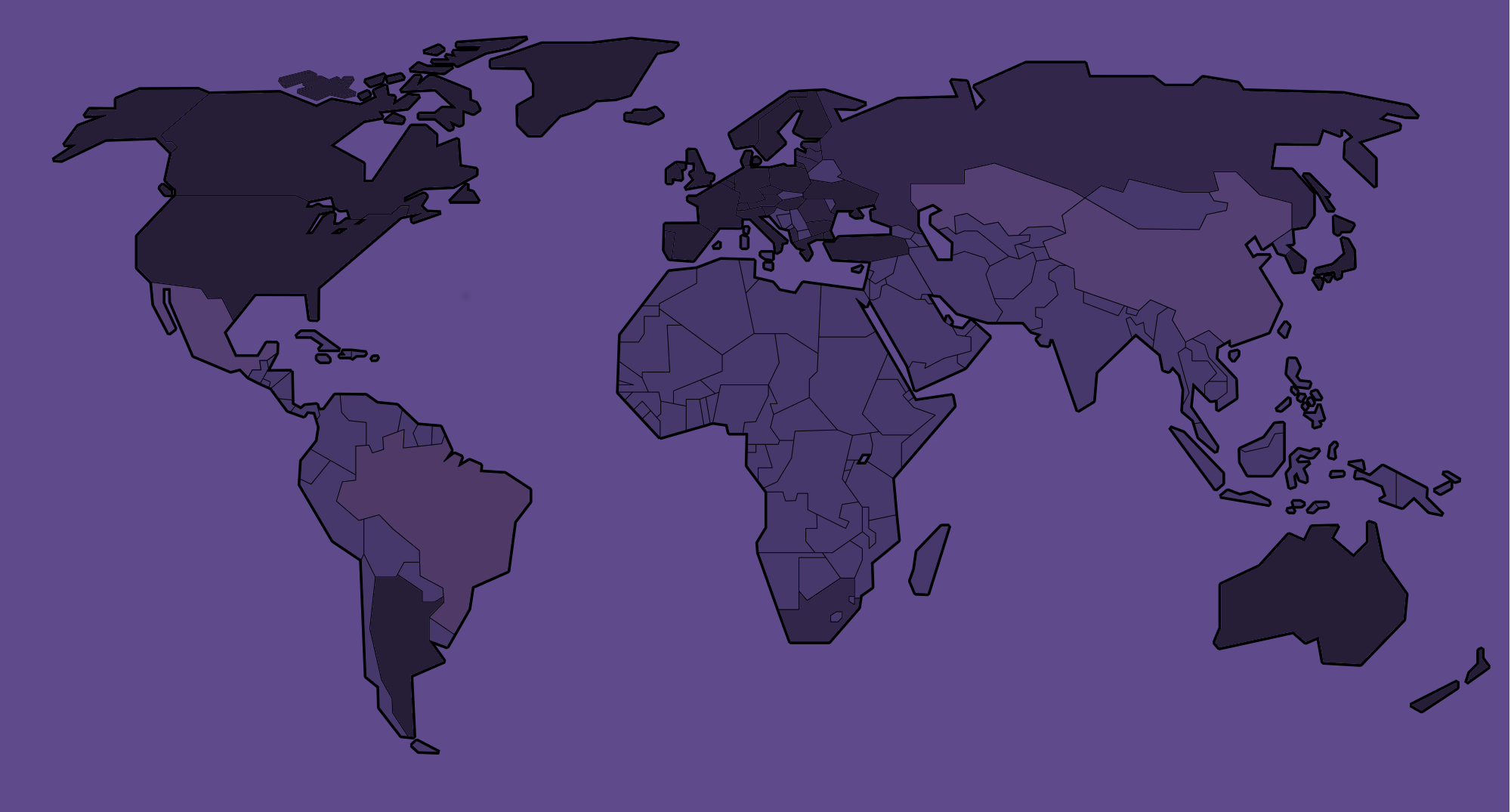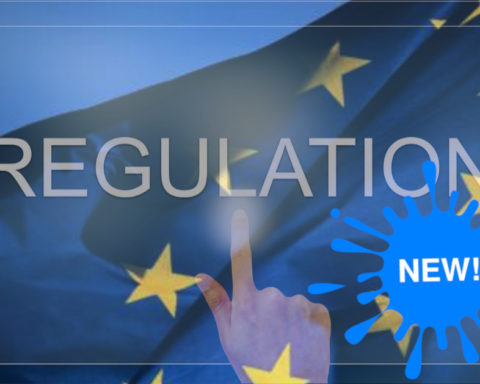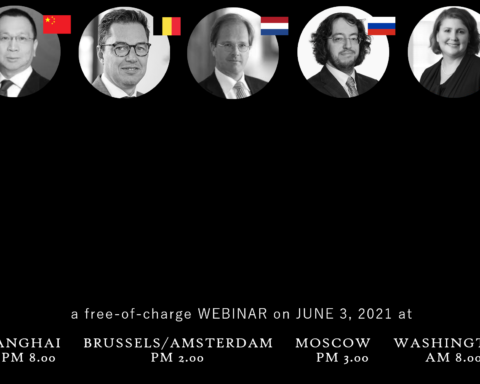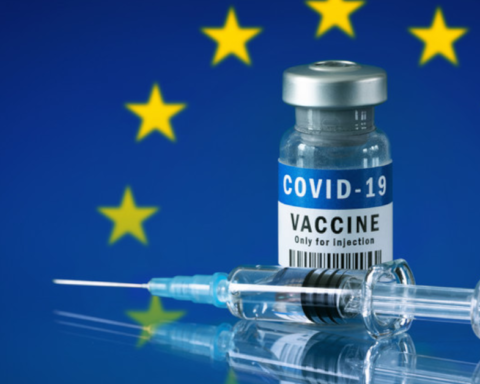On May 8, 2018, President Trump announced that the United States is pulling out of the Joint Comprehensive Plan of Action (“JCPOA”).
The announcement does not, as a matter of law, trigger the snap back of the sanctions that were lifted or waived as a result of implementation of the JCPOA on January 16, 2016. Nonetheless, it signals the imminent re-imposition of the nuclear sanctions against Iran, with all reinstatement to be complete no later than November 4, 2018.
What does this mean going forward?
- Secondary sanctions will be back in effect following the relevant wind-down periods discussed below. Parties removed from the SDN List pursuant to implementation of the JCPOA will be returned to the SDN List. Parties who engage in dealings with the parties returned to the SDN List or that engage in other activities for which secondary sanctions had been lifted (e.g., dealing with Iran’s automotive and energy sectors) may become subject to secondary sanctions.
- General License H will be revoked; OFAC will need to take specific action to revoke General License H, which revocation is expected to occur in the coming days. Non-US entities owned or controlled by US persons will again be subject to all restrictions of the Iranian Transactions and Sanctions Regulations (“ITSR”) that apply to US persons in accordance with § 560.215.
- Commercial passenger aircraft related authorizations will cease to be available. The Statement of Licensing Policy for Activities Related to the Export or Re-export to Iran of Commercial Passenger Aircraft and Related Parts and Services (“SLP”) is no longer in effect. Licenses issued pursuant to this will be revoked after August 6, 2018. License applications currently pending under this licensing policy will be returned without action. General License I authorizing the entry into contingent or executory contracts for activities that were eligible for authorization pursuant to the SLP will also be revoked.
Our organization had previously resumed business activities with Iran post-JCPOA. Does this mean that we must immediately stop our activities or risk consequences under US sanctions?
- Depending on the activities, the US government is implementing a 90 day wind-down period for certain activities that would otherwise trigger secondary sanctions under the US nuclear sanctions against Iran and a 180 day wind-down period for other such activities. The 90 day wind-down period will expire August 6, 2018; the 180 day wind-down period will expire November 4, 2018.
- A 180 day wind-down period is in effect for activities already underway pursuant to General License H. All activities must cease by November 4, 2018.
- A 90 day wind-down period is in effect for activities pursuant to General License I and to specific licenses issued pursuant to the SLP. The wind-down period expires August 6, 2018.
For all of these wind-down periods, the details have yet to be published. In all cases, the US government has indicated that the goal of the wind-down periods are to allow for the orderly wind-down of activities that were previously undertaken consistent with US sanctions against Iran. Although it appears some allowances may be made for undertakings committed to prior to May 8, 2018, which cannot be completed by non-US parties prior to the end of the wind-down period, there is clearly an emphasis on having parties wrap up all activities within the applicable wind-down period.
Are the ag/med general licenses affected by the reimposition of the sanctions?
No. The general licenses that are contained in the ITSR at § 560.530 and § 560.532 with respect to the export and reexport of agricultural commodities, medicine and medical devices to Iran or the Government of Iran and payments related thereto remain in effect. US parties and their non-US subsidiaries may continue to engage in activities authorized by these general licenses.
* * * * *
More details are expected to follow as the US Government takes specific actions to implement yesterday’s withdrawal from the JCPOA and re-imposition of nuclear sanctions against Iran.
- Don’t be Caught Off Guard:Huawei Entities Added to US Entity List - May 21, 2019
- They’re Back: US Nuclear Sanctions against Iran - May 10, 2018
- Much Ado About Sanctions in the United States - August 3, 2017





